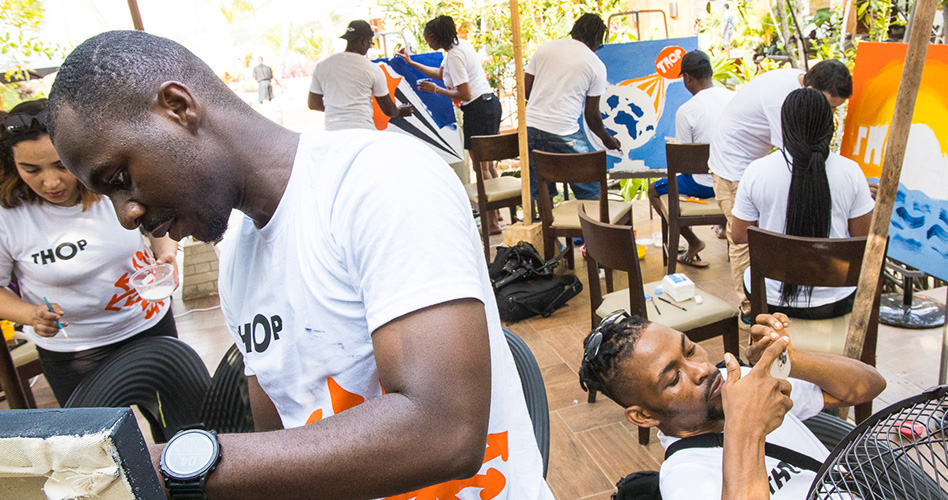Creativity is an imperative business skill that you need in Africa – Kwame Senou
In recent years, African creativity has been placed in the spotlight. From Afrobeat musicians filling up European stadiums to movies productions topping the Netflix charts.
In a book titled ‘Human Motivation’, written by Robert E. Franken, he defines creativity as the tendency to generate or recognize ideas, alternatives, or possibilities that may be useful in solving problems, communicating with others, and entertaining ourselves and others. Essentially, creativity can be applied beyond the arts and entertainment, it applies in our day to day lives.
For almost two decades, I have worked on varying ventures in Africa, including mines, some belonged to o thers. Having a legal academic background has helped me to apply legal syllogism, which is based on deductive reasoning in many aspects of my thinking. I quickly made many mistakes and, through constant learning, I found out what I am about to share with you.
As an entrepreneur, be it a manager or an owner, you will quickly realize that you are operating in an environment that is fragmented. Information is difficult to access. Its geographic complexity, infrastructure gaps, and relative economic and political volatility are many of the factors that would be challenging your business plan. As much as the world is globalisedl and TikTok challenges want to make you believe that we all tune – I can assure you that Africa is different, and each country is different. It is very difficult to replicate business models. To be a good entrepreneur, you need to solve the challenges or problems you come across. This shows that creativity is the number one skill you need.

Team seen in groups putting their creative idea of THOP into painting.
Typically, a business is organized around six major functions: operations, people, finance, marketing, technology, and general management including legal. These functions are performed daily, using problem solving. In most parts of the world, companies have developed processes and frameworks to address these problems. In Africa, however, especially in Nigeria, you willneed to be compliant, you have to develop creativity skills at your personal level to generate the desired outcomes. It is even more difficult when you are starting your own business, you do not have all the budget for consultants to help you through processes, you must tackle each problem as it comes.
The government of Scotland has listed 4 creativity skills that it wants educators to discuss, value and promote with learners: Curiosity, Open-Mindedness, Imagination, Problem solving. I believe we are all naturally equipped with that but culture or education, can liberate or imprison them. Curiosity will open you to see new possibilities where open mindedness will allow you to accept them even when they defy your beliefs. Imagination, and I usually give the example of children is the ability to not mind looking stupid. But creativity doesn’t stop with you, it should also be a culture that you share and promote with your colleagues, partners and even in the way you engage with your clients. Let me conclude by warning you about confusing creativity and innovation especially in our markets where everything is turned into an app nowadays.
This article was originally published on the Life Coaches Association of Nigeria’s Magazine



